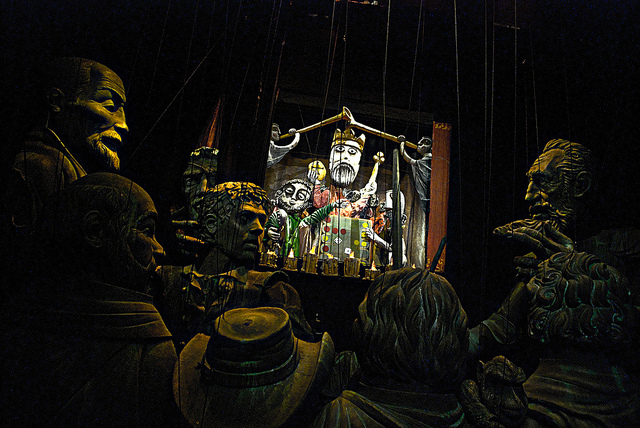The first pebble that started rolling in Brazil, following the beginning of the Lava Jato operation, an investigation aimed at discovering the network of corruption that connected politics and the economic world, has become an avalanche far exceeding the Borders of that country. Collusion between the economic and political worlds is not surprising. Its strength and breadth depend on the independence and honesty of the institutions for control.
In many countries of Latin America and the Caribbean, corruption, more or less evident, is part of everyday life. Nobody imagined, though, when the investigation began in Brazil, the magnitude of the interlacings that the leaders of the Odebrecht group —the biggest constructor of Latin America— wove for years with politicians of at least 12 countries; nor could anyone imagine that there existed a «special department» in that company, to handle bribes; much less, that these bribes have probably defined the success of several presidential elections.
There is news these days that add salt to the wound. Brazil’s Federal Supreme Court raised the sub-judice secrecy regarding statements made by publicists João Santana and his wife and partner Monica Moura, who were responsible for the presidential campaigns of several candidates in different nations in Latin America and Africa. These are surprising revelations that discover a network of a very well organized active and passive corruption net involving several former Presidents and Presidents of the region, from Peru, to Colombia, Dominican Republic, Panama and Venezuela.
According to statements by Santana and Moura, they received $ 11 million —that they did not report— from the current President of Venezuela Nicolás Maduro, when he was Minister of Foreign Affairs, to ensure the reelection of Hugo Chávez in 2012. According to this same confession, two Brazilian construction companies, with businesses in Venezuela: Odebrecht and Andrade Gutiérrez, paid another 9 million, for the same purpose.
They also talk about $16 million they received from Odebrecht, to facilitate the victory of the candidate of Panama’s Democratic Change Party (CD) José Domingo Arias —strongly supported by former President Martinelli— who was later defeated by Juan Carlos Varela, of the opposition.
Connections between parties, governments, politicians and businessmen, from various countries, revealed the existence of a corruption multinational at the highest levels, which moved the threads of us, citizens, as if we were puppets of a macabre theater.
Justice must determine the truth of the statements that Moura and Santana are making in exchange for a reduction of the eight-year sentence they were convicted of for money laundering in 2016; but the immense black hole opened up by Odebrecht’s bribe plot is swallowing up the respectability of more than one politician, and causing throughout the region an earthquake that can strengthen or dampen our democracies.
The investigations carried out by the prosecution of Brazil, with the collaboration of those of many other nations, as well as the meticulous and serious journalistic work that has been carried out, for two years, by a group of journalists in different countries, coupled with the statements of Moura and Santiago, force a reflection on the electoral processes that have developed in recent years in different places.
It is evident that «fraud» —which is often individualized in the votes that come to the polls- actually starts much earlier. It begins when governments use all state resources, lawful and illicit, and all the means of communication available to them, to channel votes to a particular candidate.
Promises, threats, gifts, last-minute salary increases, real or fictitious inaugurations, hammering publicity that silences the voices of opponents almost completely: everything serves to buy consensuses and bring broad strata of the population to the polls.
It is a true war strategy, nourished by the money of nations, and that moves at levels unthinkable for the common citizen. It resembles a chess match, with an anticipated checkmate; and yet, in spite of the river of money that runs along the routes of illegality, that chess match sometimes surprises, and ends with a checkmate in favor of the other player. This surprising finale can be achieved by voters —only by them- with their votes. Faced with an avalanche of votes there isn’t much bribes can do. That was what was demonstrated in Panama; what happened in the last elections for the National Assembly in Venezuela; and the reason why, always in Venezuela, the current government is trying to avoid a return to the polls.
Those who use politicians’ corruption accusations to elaborate incendiary discourses against «politics» and elections, favor the interests of populists; who change names, but not the dynamics of action.
Corruption —and Brazil is an example thereof- can be stopped, or at least limited, only through more democracy. Strong institutions, separate branches of power, and a free press are the best antidotes against a disease as harmful as common. Today, more than ever, citizens must be aware of their responsibility, and snatch the threads out of the hands of those who try to use them as puppets; realizing, that the puppeteer can be both in government and in other sectors whose performance weakens the most precious asset of a community: democracy.
Photo Credits: Javier Gutierrez


